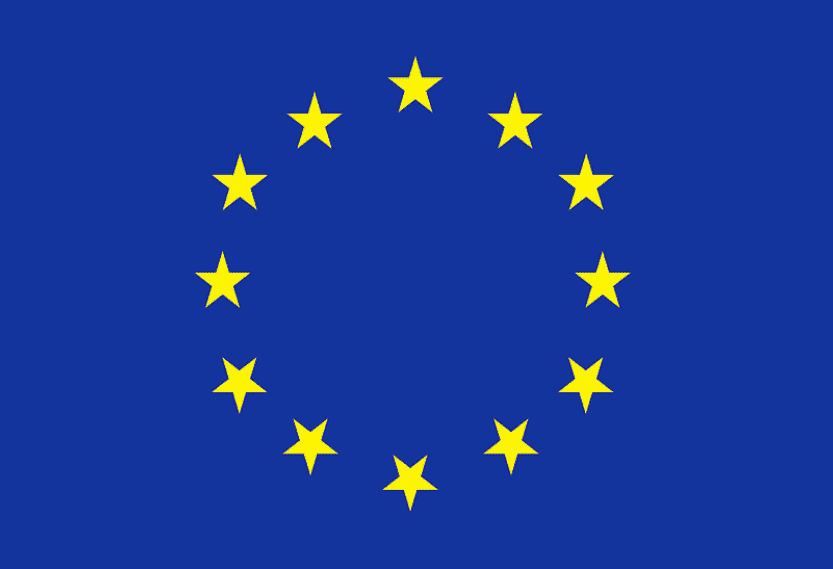
Introduction
Experiential marketing, with its immersive and engaging approach, has proven to be a powerful tool not only for promoting products and services but also for driving social change.
In this article, we explore several impactful experiential marketing campaigns that have made a difference in addressing social issues and inspiring positive action.
1. The ALS Ice Bucket Challenge:
The ALS Ice Bucket Challenge, which went viral in 2014, stands as one of the most successful experiential marketing campaigns for social good.
Participants were challenged to dump a bucket of ice water over their heads and nominate others to do the same, all to raise awareness and funds for amyotrophic lateral sclerosis (ALS) research.
The campaign succeeded in engaging millions of people worldwide, raising over $115 million for ALS research and significantly increasing awareness of the disease.
2. Dove’s Real Beauty Campaign:
Dove’s Real Beauty Campaign is another notable example of experiential marketing driving social change. The campaign aimed to challenge conventional beauty standards and promote body positivity by featuring real women of diverse shapes, sizes, and ethnicities in its advertising.
Dove also launched interactive experiences, such as the Dove Real Beauty Sketches, where women were asked to describe themselves to a forensic sketch artist. The powerful campaign sparked conversations about beauty and self-esteem, inspiring women to embrace their unique beauty and reject unrealistic standards.
3. Always #LikeAGirl:
Always launched the #LikeAGirl campaign to challenge stereotypes and empower young girls. The campaign featured a social experiment where participants were asked to perform tasks “like a girl,” revealing the negative connotations associated with the phrase.
The campaign sparked a movement to redefine what it means to do something “like a girl” and inspired girls to reclaim their confidence and self-worth. Through experiential activations and engaging storytelling, Always successfully raised awareness about gender stereotypes and encouraged girls to embrace their strengths.
4. Airbnb’s “We Accept” Campaign:
In response to the global refugee crisis, Airbnb launched the “We Accept” campaign to promote acceptance, inclusivity, and belonging.
The campaign featured a powerful Super Bowl ad showcasing a diverse array of faces and voices, accompanied by the message, “We believe no matter who you are, where you’re from, who you love, or who you worship, we all belong.”
The campaign also included experiential elements, such as immersive installations and community events, to foster empathy and understanding among people from different backgrounds.
5. Coca-Cola’s “Happiness Machine”:
Coca-Cola’s “Happiness Machine” campaign is a classic example of experiential marketing designed to spread joy and positivity. The campaign featured vending machines that dispensed unexpected surprises and acts of kindness, such as free drinks, balloons, and even pizza.
The heartwarming reactions of unsuspecting participants were captured on camera and shared online, generating widespread engagement and reinforcing Coca-Cola’s brand message of happiness and optimism.
Conclusion:
Experiential marketing has the power to not only drive consumer engagement but also effect meaningful social change.
The campaigns highlighted above demonstrate how brands can leverage immersive experiences, interactive storytelling, and digital platforms to raise awareness, spark conversations, and inspire positive action on important social issues.
By aligning their marketing efforts with causes that resonate with their audience, brands can make a significant impact and contribute to building a better world.


 Global
Global Europe
Europe

